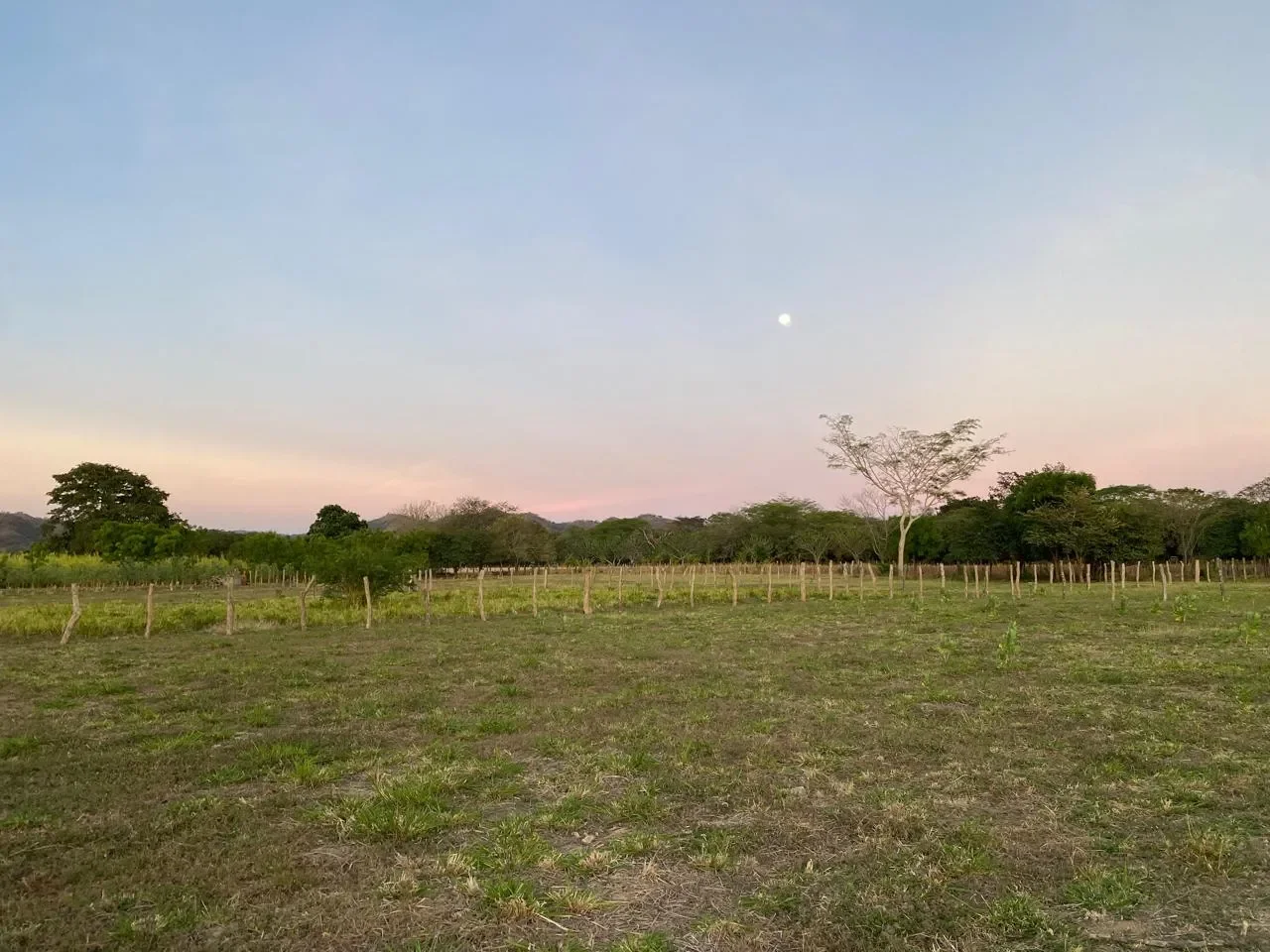Landowner or Land-protector?
That full moon was a doozy.
Sure, it brought the usual letting go—but for me, it also brought something deeper.
Shedding identities that no longer fit.
Collapsing timelines that no longer excite.
And stepping into a version of myself that feels… more solid.
More clear.
More expansive.
Instead of clinging—like I’ve done my entire life—to the skills, qualities, and safe containers I’ve carefully cultivated over the years, I feel ready (and excited!!) to receive. To let more in. To trust that I can hold the complexities that will inevitably come as I continue to shapeshift.
A woman in her late 30s who refuses to fall in line?
Now THAT’S a force to be reckoned with.
This week, in addition to self-publishing my debut book, I put in an offer to buy land.
Once the bureaucracy sorts itself out, I’ll step into a new role: landowner.
But that title doesn’t quite sit right.
It brings a strange ache.
Because I’m a foreigner.
Because the idea of owning land in 2025 feels… complicated.
Who really owns the land, anyway?
I watched a powerful documentary on YouTube recently—How to Erase a People. It explores why Palestinians choose to stay on their land, even when it means risking everything.
As someone descended from colonizers, I just… can’t quite wrap my head around that kind of devotion.
But then the narrator said something that stuck:
Palestinians—and many Indigenous peoples—don’t see themselves as owners of the land.
They see themselves as caretakers.
Without them, the land suffers.
And ancient wisdom disappears.
That hit something deep.
They live with the land.
In rhythm with the cycles.
Not trying to bend nature to their will, but tuning in. Listening.
That’s not a devotion I grew up with.
I love Arizona—my so-called homeland. After years of travel, I still think it’s one of the most beautiful places on Earth. But I don’t live there. And while I care deeply for its spiny flora and curious critters, I’ve never felt the kind of soul-deep duty to protect it that comes from generations of rooted belonging.
Instead, I was taught that becoming a property owner was the goal. It’s woven into us from the time we’re young—as if ownership is the ultimate sign of success, security, adulthood.
What I’ve learned recently, however, is that land was never meant to be owned—only honored, tended to, and cared for.
Most of the people in power, unfortunately, don’t care about anything but personal gain.
They extract endlessly.
They build high-rises and luxury hotels on land that once pulsed with life.
They profit off finite resources without a thought for the generations to come.
So as I enter this new chapter,
I don’t want to call myself a landowner.
I want to be a caretaker.
The field I’m buying once fed cows. One day, I hope it becomes a lush tropical garden—as I help steward it back to its natural, jungly form. One that nourishes me, sure… but also feeds the birds and the other wild things who will soon be my neighbors.
Because this isn’t about claiming a plot of dirt.
It’s about reclaiming rhythm over hustle.
Connection over control.
And that, to me, is what Exiting the Matrix looks like.
Not a dramatic escape—
But a steady, respectful return.
To the land.
To myself.
To what actually matters.

